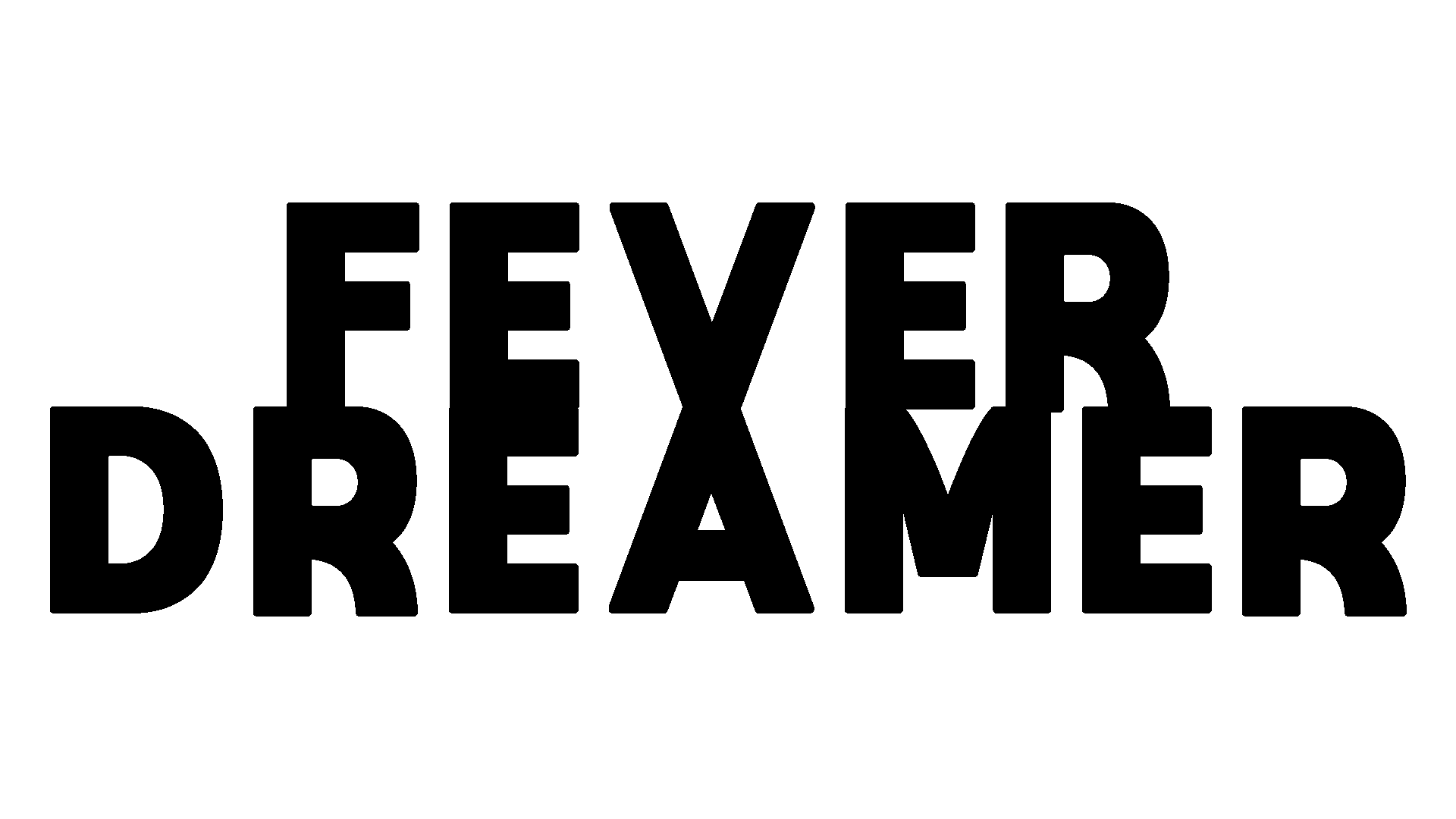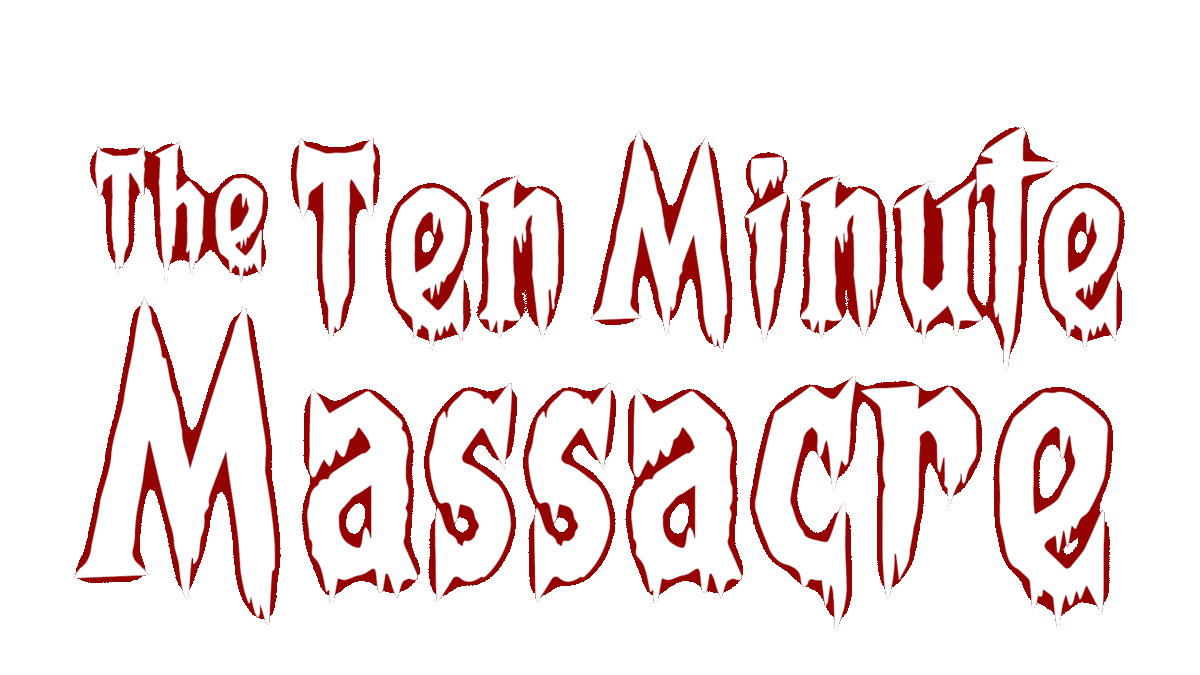Why the Rise of Streaming Services Should be Embraced
- Audrey E Lorber

- Apr 29, 2020
- 5 min read
There are a lot of factors that go into where you choose to watch tv: price, accessibility, and of course, content. Today I want to talk about why the seemingly sudden and rapid rise in streaming platforms is a positive break away from network television and the culture it’s cultivating. So I asked myself: why Hulu, why DisneyPlus? The answer came easier to me before I started living back home where my family already pays for Verizon Fios. One of the big reasons I thought I chose to utilize streaming platforms over watching cable was the ease of accessibility they provide. You can watch on any device, anywhere, without cable box installation and a hefty bill. That makes for a strong case, but now that I am always at home where network television and streaming platforms are just as easily convenient, there must be more to streaming than accessibility and low price.
Streaming services’ annual or monthly cost and unprecedented ease of access is something network television providers could never compete with. But a lot of people are still understandably resistant and confused on the idea of a drastic change in the television landscape. Last month, The NYTimes published an article asking film critics if strictly streamable movies could possibly compare to those with a theatrical release under the headline, “This Movie Is Streaming Only. Should We Lower Our Expectations?” (Bailey). However, many film critics were happy to make the distinction between the straight-to-home-video reputation and those of streaming platform releases.
There hasn’t been a change this monumental in the movie business since the actual creation of television. I’m a film major so I studied the introduction of television with the hindsight of 2020 knowledge that it would be a smashing success, but not everyone was excited at the time. The rise of television, to many film historians, is what killed Hollywood’s Golden Age (Boddy, 23). This era is distinguished by films like Citizen Kane, The Wizard of Oz and It’s a Wonderful Life. We are supposedly in the new golden age of television- making every change to the current landscape a gamble. However, if we sit idle and delay advancements like some of the past wished had been done during Hollywood’s Golden Age, we may never have seen the rise of network television. Change is imminent and essential for an ever-reworking society.
An article in The New York Times published in 2019 in response to Disney Plus being released even reads,
Every three decades, or roughly once a generation, Hollywood experiences a seismic shift. The transition from silent films to talkies in the 1920s. The rise of broadcast television in the 1950s. The raucous “I Want My MTV” cable boom of the 1980s. It is happening again. The long-promised streaming revolution — the next great leap in how the world gets its entertainment — is finally here, (Barnes).
Streaming platforms are to network television as network television is to the motion-picture industry. However, the increase in multitude and popularity of streaming services must revolutionize the media consumption industry as a whole as successfully as network tv has or it will fail. Those that view network television as an “if-it-ain’t-broke-don’t-fix-it” landscape will be rooting against streaming platforms unless they are convinced otherwise. Only using history as an example of what could be achieved is not enough. After all, those that pioneered television created the most beloved tv shows of all time.
And sure, those legendary serieses are available on streaming platforms, which inarguably renders them more accessible as previously noted, but there’s no way that the attainability factor alone can fundamentally change television as we know it. Everything changed the day Netflix released their first original series in 2013. The entire season of House of Cards was available to stream at once, popularizing use of the word binge in application to tv. According to the Miriam-Webster dictionary, to “binge watch” is to “to watch many or all episodes of (a TV series) in rapid succession”. For sentence use, the online dictionary provides a quote reading
Even those of us who have bundled TV and broadband-Internet subscriptions from telephone or cable companies increasingly use them to binge-watch Netflix shows like Orange Is the New Black on an iPad … rather than flip through 500 channels to find nothing on, (“Binge-Watch”).
So it is in truth that the introduction of original serieses to streaming platforms ultimately changed the game. Because before there were streaming services, there was the almighty Blockbuster.
Streaming services saw their beginnings with Blockbuster’s introduction of the home video rental market. However, streaming platforms cater to the consumer for exponentially more ways to have a successful viewing experience. In a case study I read from my friend’s Lubin class, Blockbuster stores were reluctant to stock lesser-known and independent films, since the demand for those titles was inconsistent (Shih). If you are familiar with the selection of most streaming platforms, you’ll know that Blockbuster’s game plan is in stark contrast to Netflix’s array of content, which often promotes work from unknown artists and the undervalued foreign film category (Bailey).
I remember the day Stranger Things was released on Netflix and I binge-watched the 8 episode series in one day. I remember this day in the summer of ‘16 so well because I had never binge watched a new series before. I was captivated. It was before all the 80s nostalgia took full form and saturated every marketplace to the unbearable capacity it’s at today, so that Netflix Original Series was a breath of fresh air. This exciting and new divergent path from the network produced television available at the time can be attributed to streaming platforms’ indulgence to filmmakers’ artistic control.
Many filmmakers have favored bringing their ideas to streaming services rather than to networks in recent years. The Duffer Brothers, the minds responsible for Stranger Things, pitched the series' pilot episode to about fifteen cable networks, all of which rejected the script on the basis that they felt a plot centered around children as main characters would not work. The networks asked them to make it a children's series or to drop the children altogether and focus on the paranormal police investigation. But once Netflix got their hands on what would be their most popular and valuable show statistically (Koblin), they subsequently purchased the rights for the series, giving The Duffer Brothers full authorship of it. So not only has this streaming platform allowed for filmmakers to push boundaries in the scope of storytelling in the pursuit of creating their vision without compromises from network tv, it also opens up a whole new world of marginalized voices to be heard globally.
When I first came up with the idea to discuss the rise of streaming services, I myself wasn’t sure which side to be on. In doing my research and some introspective work on how I view the entertainment industry, the answer became clear. Not only are streaming services certainly going to dominate the way we watch during this generation, but they are doing so in a way that benefits both the creator and the consumer. These platforms’ generosity in giving filmmakers unprecedented creative autonomy has already opened the door to otherwise silenced voices and untapped creative minds. So this big step in media consumption history should be embraced if not simply for its propheticized success according to industry history, and revolutionizing opportunities for filmmakers, but also for streaming platforms’ dedication to catering to the people.
Works Cited
Boddy, William. “The Studios Move into Prime Time: Hollywood and the Television Industry in the 1950s.” Cinema Journal, vol. 24, no. 4, 1985, p. 23., doi:10.2307/1224894.
Koblin, John. “New Netflix Ratings Confirm 'Stranger Things' Is a Hit.” The New York Times, The New York Times, 2 Nov. 2017, www.nytimes.com/2017/11/02/business/media/stranger-things-nielsen-ratings.html.
“Binge-Watch.” Merriam-Webster, Merriam-Webster, www.merriam-webster.com/dictionary/binge-watch.
Shih, Willy and Stephen Kaufman. “Netflix in 2011”. Harvard Business Publishing, 19 Aug. 2014. Case Study.
Bailey, Jason. “This Movie Is Streaming Only. Should We Lower Our Expectations?” The New York Times, The New York Times, 12 Mar. 2020, www.nytimes.com/2020/03/12/movies/streaming-movies-roundtable.html.
Barnes, Brooks. “The Streaming Era Has Finally Arrived. Everything Is About to Change.” The New York Times, The New York Times, 18 Nov. 2019, www.nytimes.com/2019/11/18/business/media/streaming-hollywood-revolution.html.












Comments